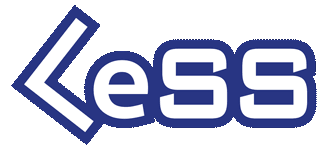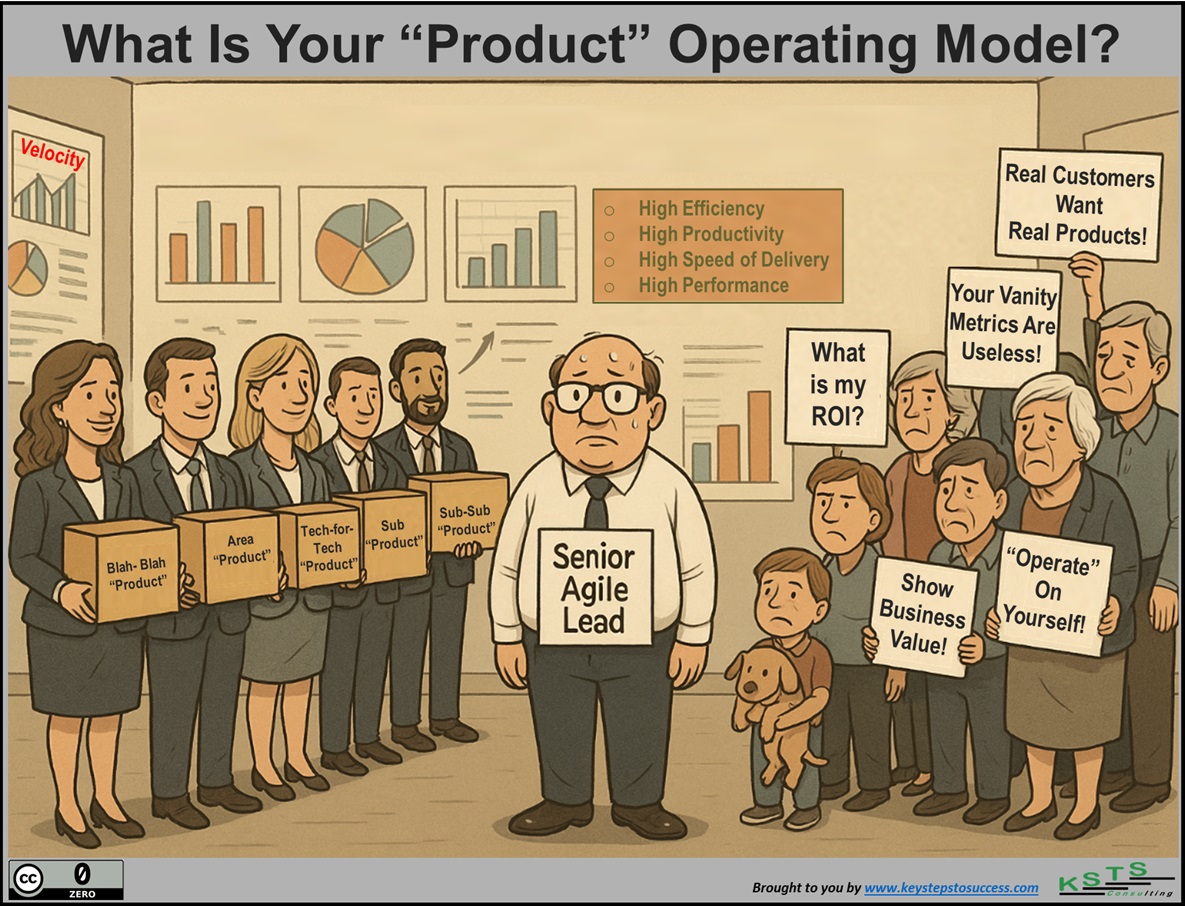The Hidden Cost of High Performance - Why optimizing teams in isolation can cripple organizational outcomes

The Parts vs. System Paradox
“Changing parts will have little impact on the system. But changing interactions or purpose can create a massive impact.” — Steven Schuster
Systems thinkers have long understood this. So why do many organizations still obsess over optimizing individual teams — driving up local efficiency while system-wide performance stagnates or declines?
Here’s what happens:
- A team gets faster
- But what they produce isn’t aligned with what the customer actually needs
- Or worse, it clashes with what another team is doing
- You get work that’s faster, cheaper… and irrelevant
To improve real outcomes, stop focusing on parts. Start improving how the parts work together. Make collaboration worth it for individuals — not an extra burden, but a source of progress and shared wins.

_065_%20round%20copy.jpg?preferred_lang=it) by
by  by
by 
 by
by 
 by
by